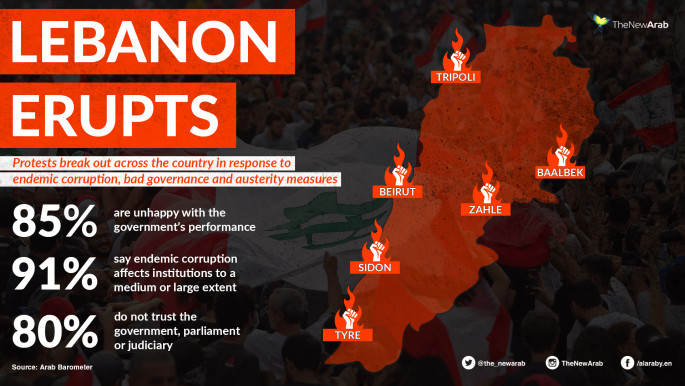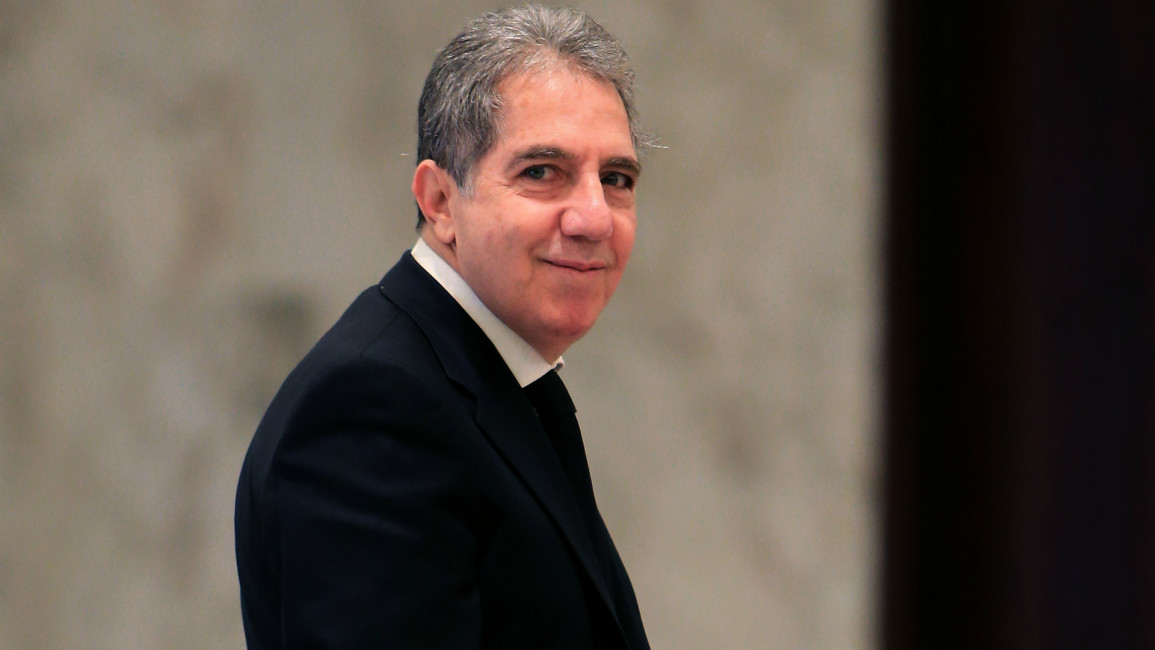Lebanon has nearly $30 billion foreign reserves, says finance minister
The central bank "says it has $29 billion, of which it has used 7 billion to give to the banking sector" to boost its liquidity, Wazni told local broadcaster LBCI.
Central bank data had put the value of foreign reserves at $35.8 billion at the end of February.
Lebanon, hit by a severe liquidity crunch and months of anti-establishment protests, was due on Monday to repay a $1.2 billion Eurobond, while another $700 million matures in April. There is a further $600 million is due for repayment in June.
But Prime Minister Hassan Diab on Saturday said his government would suspend payment of the March Eurobond and seek restructuring agreements with creditors on the country's debt pile because of plummeting foreign reserves.
Read also: Lebanon prosecutor grills bankers over capital flight
Commenting on Saturday's decision, Wazni said the aim was to achieve an "orderly default" through negotiations with creditors who could pursue legal action against the state if an agreement is not reached.
Lebanon's debt burden, long among the largest in the world, is now equivalent to nearly 170 percent of its gross domestic product.
Despite its turbulent history, the small Mediterranean country has never defaulted, but in recent months it has grappled with its worst economic turmoil since the 1975-1990 civil war.
Foreign currency has become increasingly scarce, Lebanon's pound has plunged in value and banks have imposed tough restrictions on dollar withdrawals and transfers.
The government met with a delegation from the International Monetary Fund (IMF) last month for technical assistance but it has not requested funds. 
Follow us on Facebook, Twitter and Instagram to stay connected


![President Pezeshkian has denounced Israel's attacks on Lebanon [Getty]](/sites/default/files/styles/image_684x385/public/2173482924.jpeg?h=a5f2f23a&itok=q3evVtko)



 Follow the Middle East's top stories in English at The New Arab on Google News
Follow the Middle East's top stories in English at The New Arab on Google News


